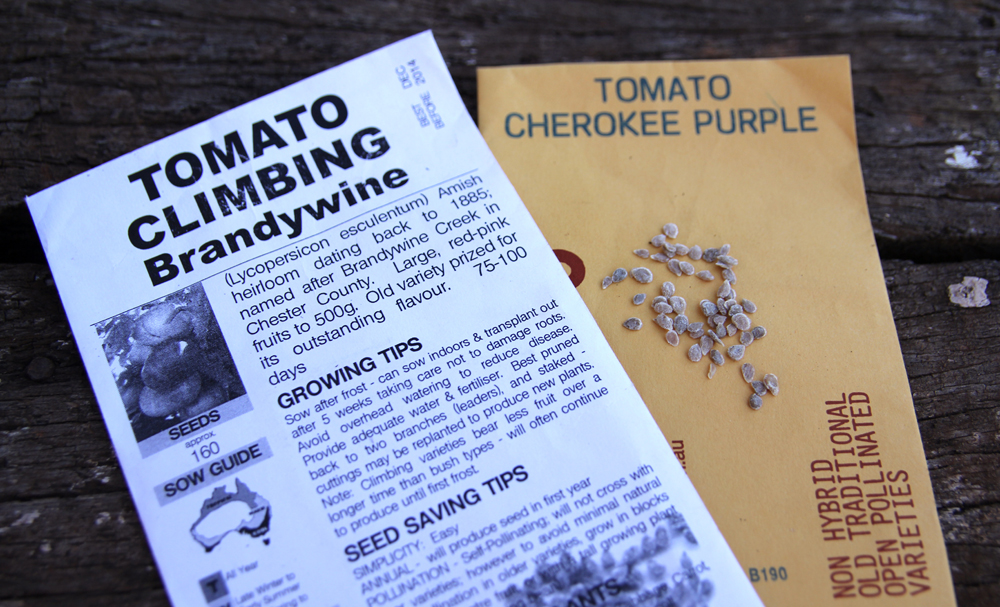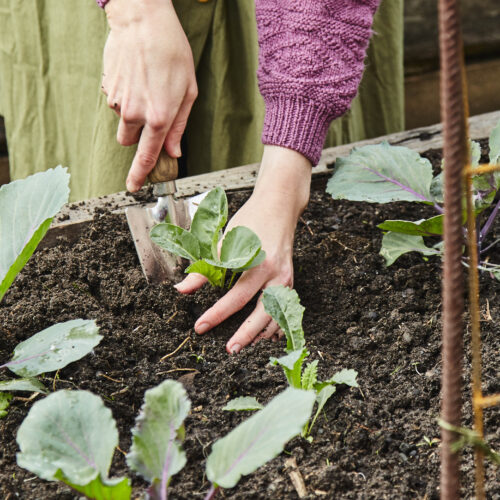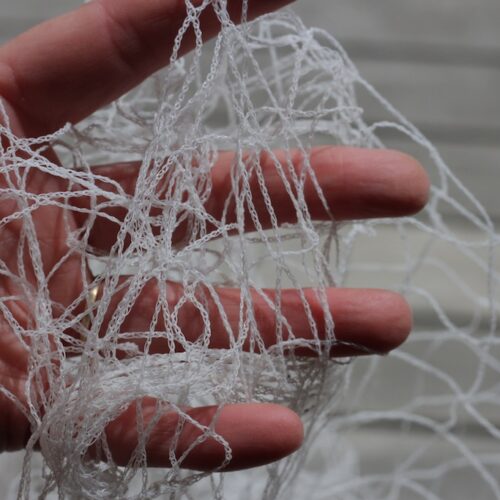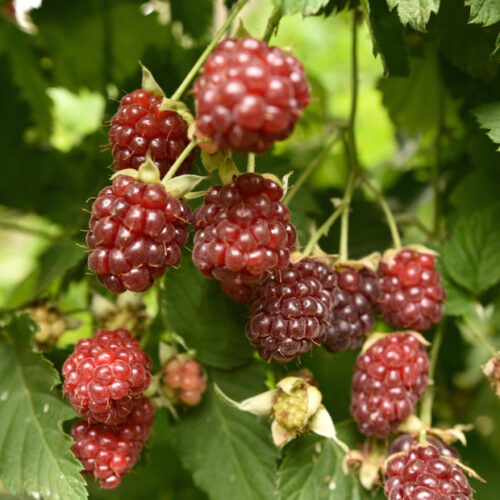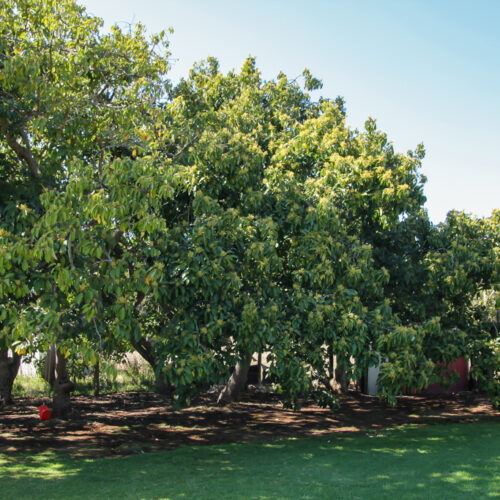Jobs for October
2012-10-05T01:13:11+10:00
Time waits for no organic gardener. Spring marches on, and JUSTIN RUSSELL offers some tips for the month of October.
October is about more than beer fests and fuel guzzling V8’s racing up and down a relatively small mountain. It’s a prime planting month in most parts of Australia, so get cracking!
-
In the subtropical, warm temperate, arid and cold temperate zones it’s time to plant summer crops. The list is a long one. Think tomato (check out the current issue of OG for detailed info), potato, eggplant, capsicum, chilli, pumpkin, melon, zucchini, cucumber, climbing and bush beans, and corn. In cold areas, wait until the risk of frost has passed, or start seeds in a protected cold frame or greenhouse.
-
In temperate areas there’s still time to get in salad leaves, beetroot, carrot, chard, peas, spring onion, radish, broccoli, and cabbage. The latter will need protection against cabbage white butterfly larvae. Exclusion netting simply thrown over vulnerable plants works well.
-
Fruit fly season is under way in gardens throughout eastern Australia. The surest way to produce unblemished fruit is with exclusion bags or fine weave netting (available from mail order suppliers such as Green Harvest). A backup tactic is to apply certified organic baits containing the insecticide spinosad, but it’s vital to apply these weekly for effective control.
-
Lawns will be growing strongly following spring rains, but don’t fall for the con that all weeds require elimination with chemicals. A regularly mown, “mixed herbage” lawn is perfectly acceptable as far as I’m concerned. However bindii, burrs and other nasty weeds are best controlled. Old fashioned manual removal is the most effective method.
-
Blueberry bushes are in bloom. Moisture is critical at this stage, so irrigate your plants regularly if the weather is hot and dry. While you’re at it, top dress the plants with compost and apply sulphur or iron chelate to make the soil more acidic.
-
Feed citrus trees with pelletised chook manure or well rotted horse poo. Water it in with seaweed extract to provide trace elements, and mulch with sugarcane, lucerne or straw to give the trees a cool, moist root run.
-
Plant spring and summer annuals to attract pollinators and beneficial insects into the garden. Anything in the daisy family is worth a try, as are umbellifers such as achillea, sedum, and bronze fennel (watch that the latter doesn’t become weedy). Blue flowers are insect magnets. Forget-me-nots and borage hum with bees and hoverflies and look beautiful to boot.
-
Parts of central and eastern Australia are very dry, just as we head into the warmer months of the year. Soil wetting agents make a big difference to plants by allowing moisture to penetrate right down to the rootzone. Keep an eye out for soil friendly, certified organic products such as Eco-Hydrate.

